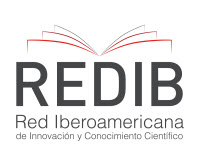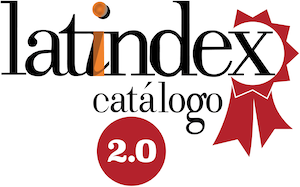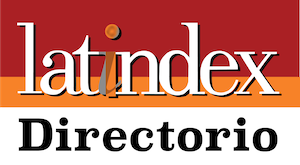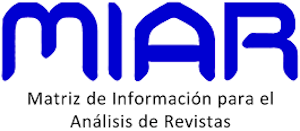The dogme approach to improve the four english skills in 3rd bgu level students at republica del ecuador educational unit
DOI:
https://doi.org/10.32645/13906925.1190Keywords:
Participation, Motivation, Creativity, Innovation, ComplementaryAbstract
The purpose of this study is to propose the use of Dogme method to improve the current English material established by the Ministry of Education in order to enhance the academic performance. Highschool students need to feel more engaged and motivated with their learning process, thus they need more interesting material according to their needs. To achieve this goal, the current didactic material needs to be modified with an innovating content that includes comprehensible input depicted with association. For example teachers can include poems in a zero conditional class to make the content more appealing to the students. The purpose to employ this method is to excel the four English skills such as speaking, writing, reading, and listening in students of 3rd BGU level of Republica del Ecuador Educational Unit from Otavalo City.
A descriptive investigation was applied using the deductive method with a sample of 45 students, a survey that contained a likert scale was performed on the students. The validation was determined by the technical judgment of three experts and the reliability of 0.749 showed a high internal consistency through the SPSS Statistics Visor. The results indicated the students´ necessity of understandable input in the English material as well as the urgency to improve their four English skills.
References
Amjad, Shahzad & Tahir (2021). Practicing Three Core Precepts of Dogme ELT to Develop L2 Academic Writing Skills: International Review of Social Sciences.
Banegas (2012). Teaching unplugged: Is Dogme an innovation or a remake? Academia, University of Warwick, UK.
Eslava-Schmalbalch, J., & ALZATE, P. (2011). Cómo elaborar la discusión de un artículo científico. Revista Colombiana de Ortopedia y Traumatología, 25(1), 14-7.
Guisande González, C. (2011). Tratamiento de datos con R, Statistica y SPSS
Hernandez, Fernandez & Baptista (2003). Metodologia de la investigacion Sexta Edicion. McGRAW-HILL / INTERAMERICANA EDITORES, S.A. DE C.V.
Jeyaraj, John Sekar (2017). Dogme ELT Practice for Enhancing Conversation (December 13, 2017). ROOTS: An International Journal of Multidisciplinary Researches, 4.1: 321-326 (2349-8684), 2017.
Merino, A. P., Díaz, M. Á. R., & Castellanos, R. S. M. (2009). Análisis de datos en ciencias sociales y de la salud I. Síntesis.
Mias, C. D. (2018). Metodología de investigación, estadística aplicada e instrumentos en neuropsicología.
Sarani, Malmir (2019). The Effect of Dogme Language Teaching (Dogme ELT) on L2 Speaking and Willingness to Communicate (WTC): Journal of English language Teaching and Learning University of Tabriz Volume 11, Issue 24, (Fall and Winter 2019).
Thornbury S.(2000). Dogme to EFL, IATEFL Issues, № 153. – P.
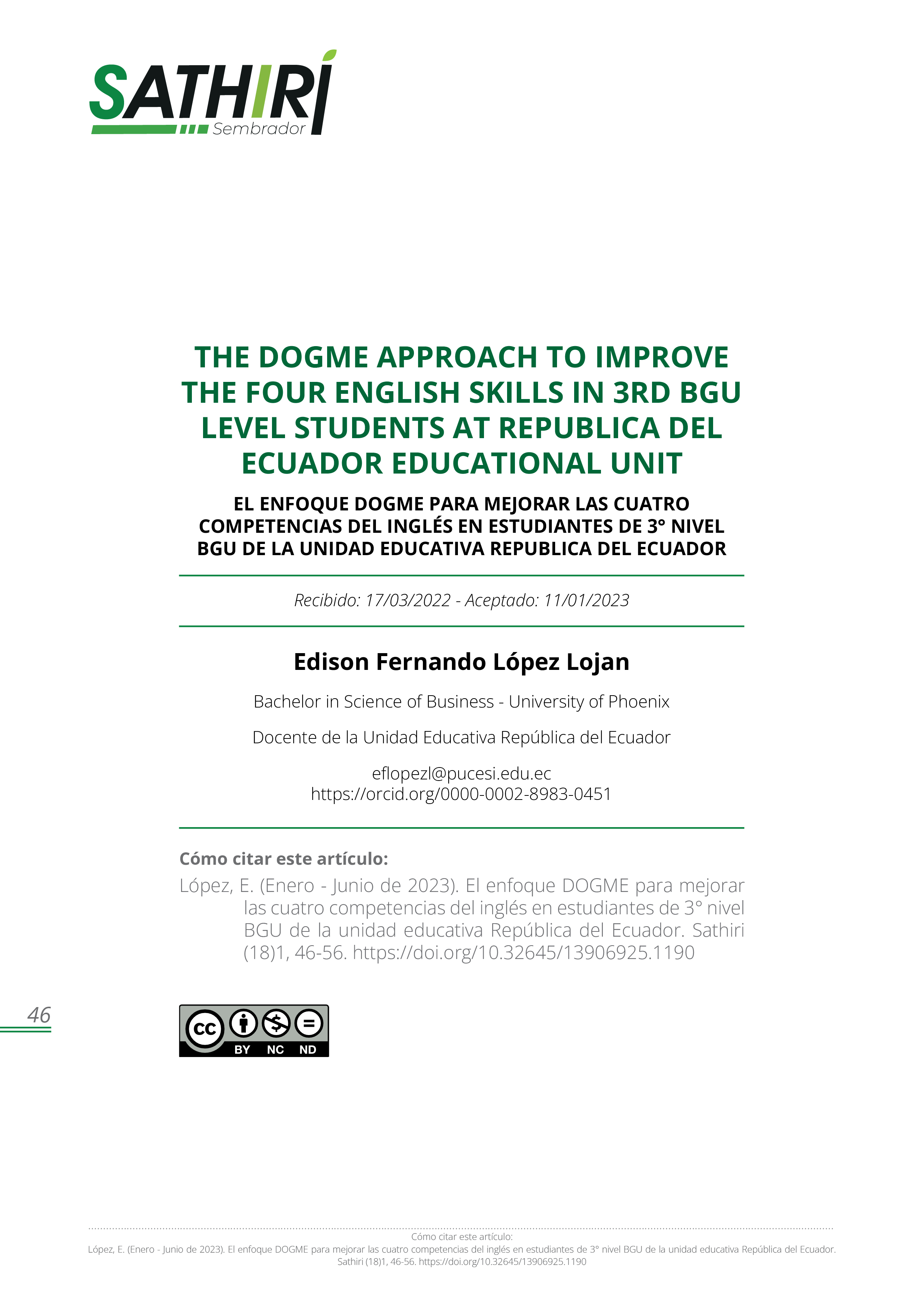
Downloads
Published
Issue
Section
License
Copyright (c) 2023 Edison Fernando López Lojan

This work is licensed under a Creative Commons Attribution-NonCommercial-NoDerivatives 4.0 International License.
El autor mantiene los derechos morales e intelectuales de su obra, autorizando a la editorial de la revista Sathiri la difusión y divulgación de su contenido con fines estrictamente académicos y de investigación, sin fines de lucro. Así mismo, se autoriza que la obra sea descargada y compartida con otras personas, siempre y cuando no sea alterada y se reconozca su autoria.






